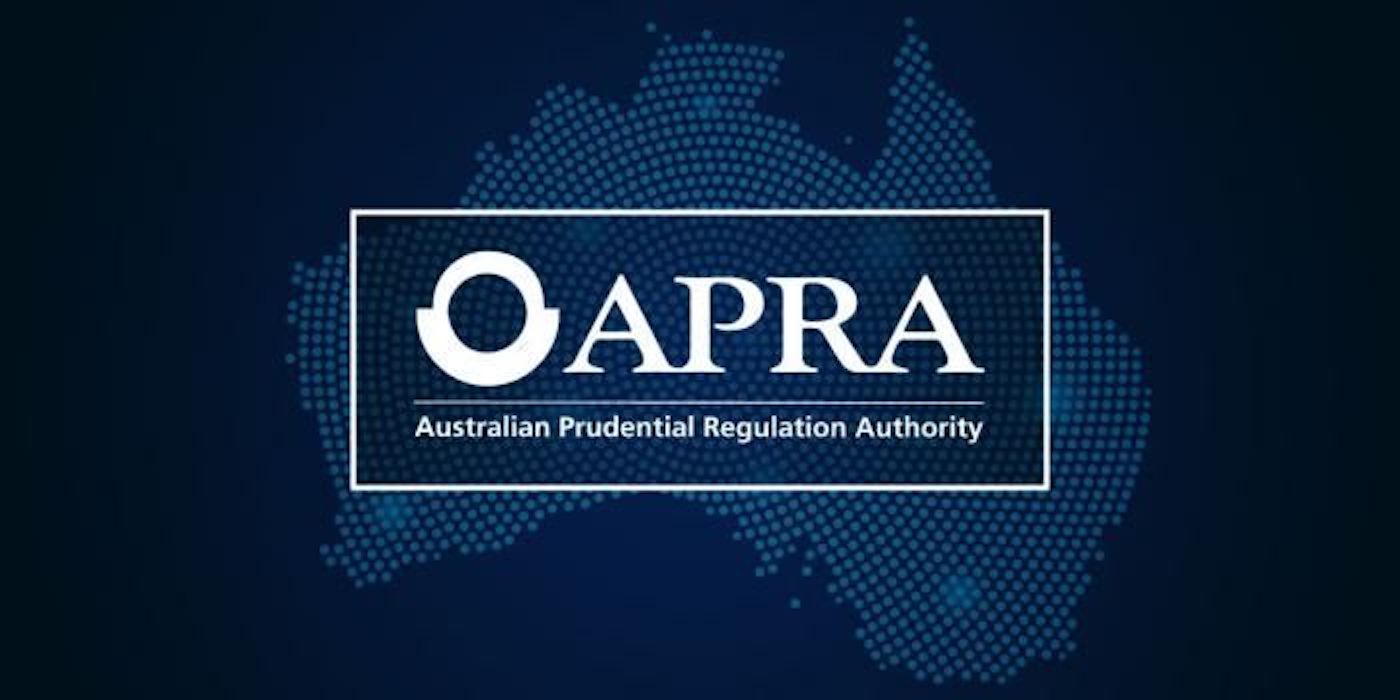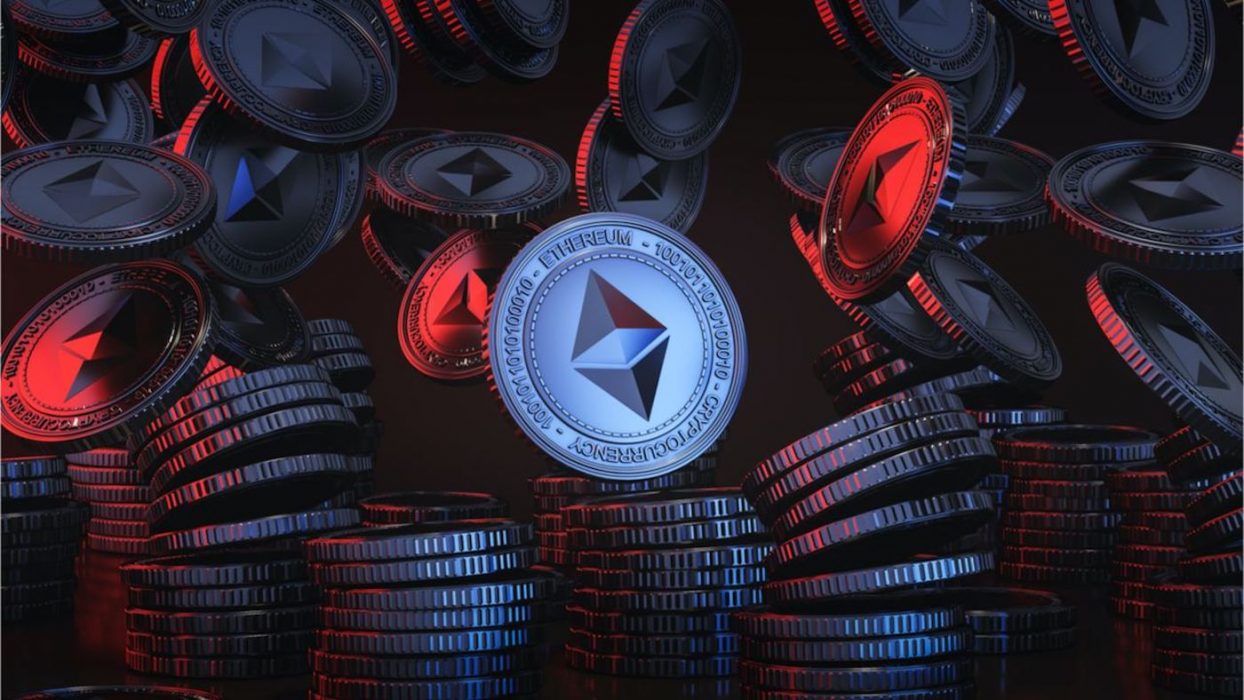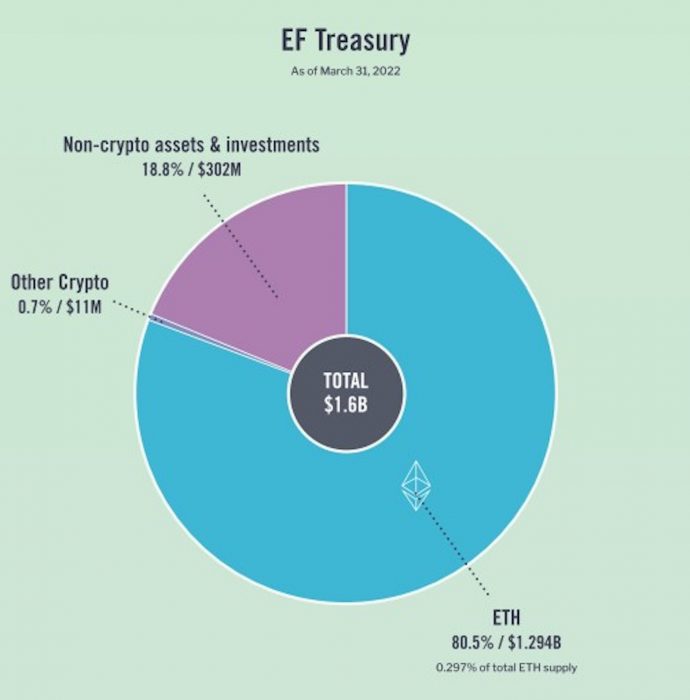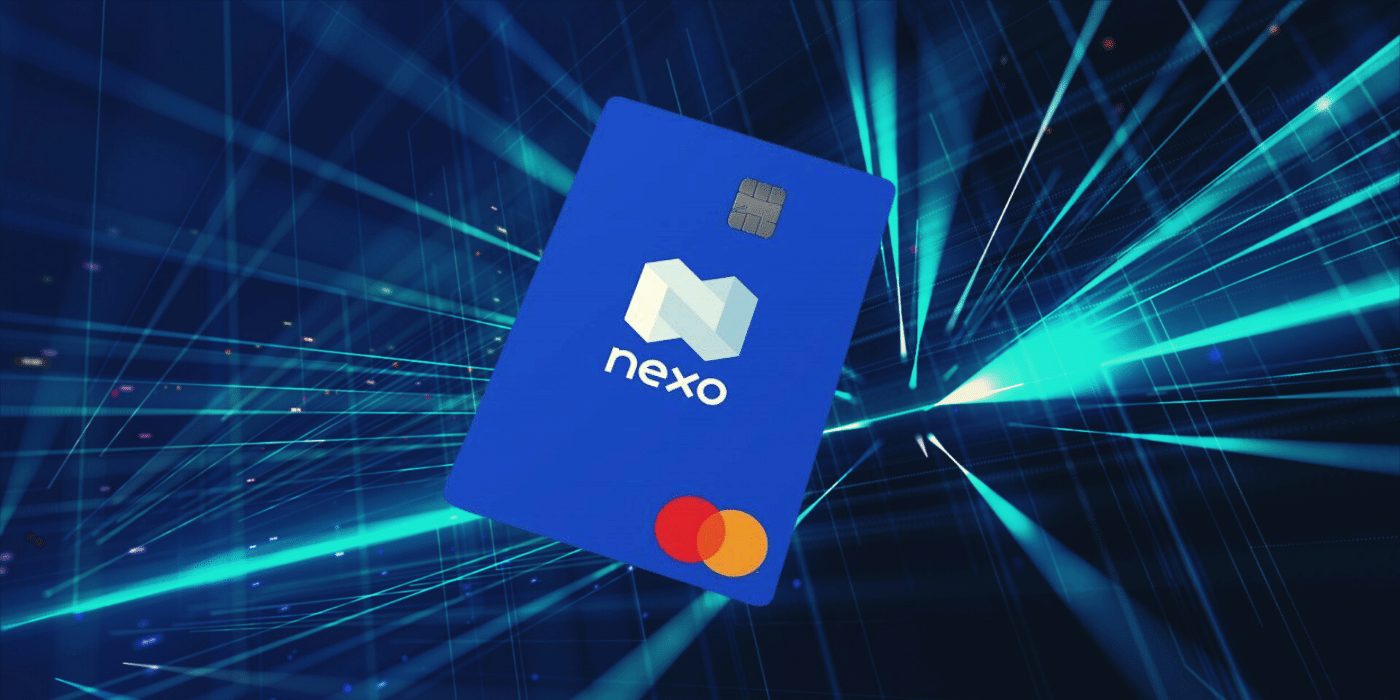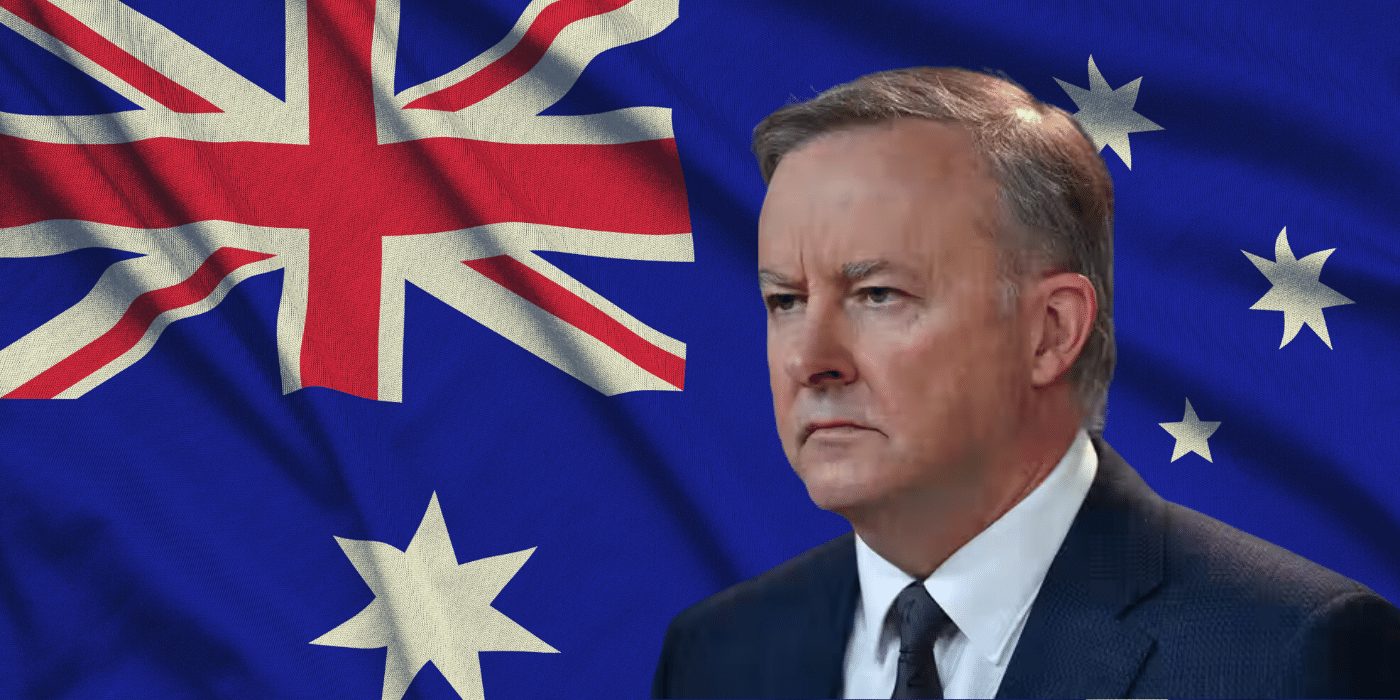The Australian Prudential Regulation Authority (APRA) this week revealed its preliminary risk management expectations for regulated entities dealing with crypto assets, along with a policy roadmap for the next three years.
The roadmap outlines plans to introduce operational risk standards by 2024 and, tentatively, crypto asset requirements and stored value facility standards by 2025. APRA also announced that it would be looking at “possible approaches to the prudential regulation of payment stablecoins, among others”.
Need For Due Diligence and Risk Assessments
APRA, which supervises Australian banking, insurance and superannuation institutions, stressed the need for due diligence and risk assessments in a letter from chairman Wayne Byres.
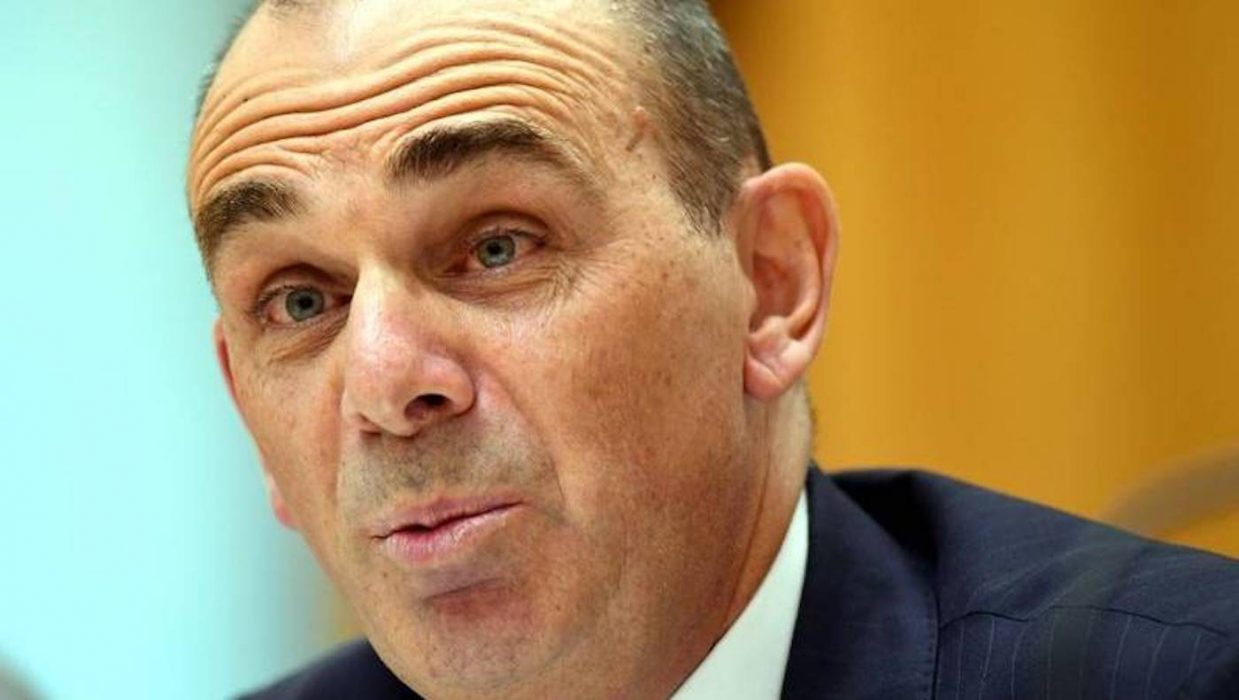
In the letter, APRA specifies that regulated entities:
- consider the principles and requirements of prudential standards when relying on a third party in conducting activities involving crypto assets; and
- apply clear accountabilities and relevant reporting to the board on the key risks associated with new ventures.
Financial Watchdog Also Bares Its Teeth
Along with APRA’s prescription, the Australian Transaction Reports and Analysis Centre (AUSTRAC) – the country’s financial watchdog – released its own set of guidelines on preventing the criminal abuse of digital currencies.
This follows a statement released late last year by AUSTRAC in which it directed Australian banks to adopt better systems to deal with assessing risk rather than simply debanking customers. “Businesses vulnerable to exploitation should not automatically have their accounts closed simply to avoid managing risk,” AUSTRAC said at the time.
And in July 2021, the Australian Securities and Investments Commission (ASIC) set out a range of proposals relating to the inclusion of cryptos in exchange-traded products (ETPs), seeking market participants’ input to shape its position within the regulatory landscape.
This week also saw ETF issuer 21Shares announce Australia’s first spot exchange-traded funds.

